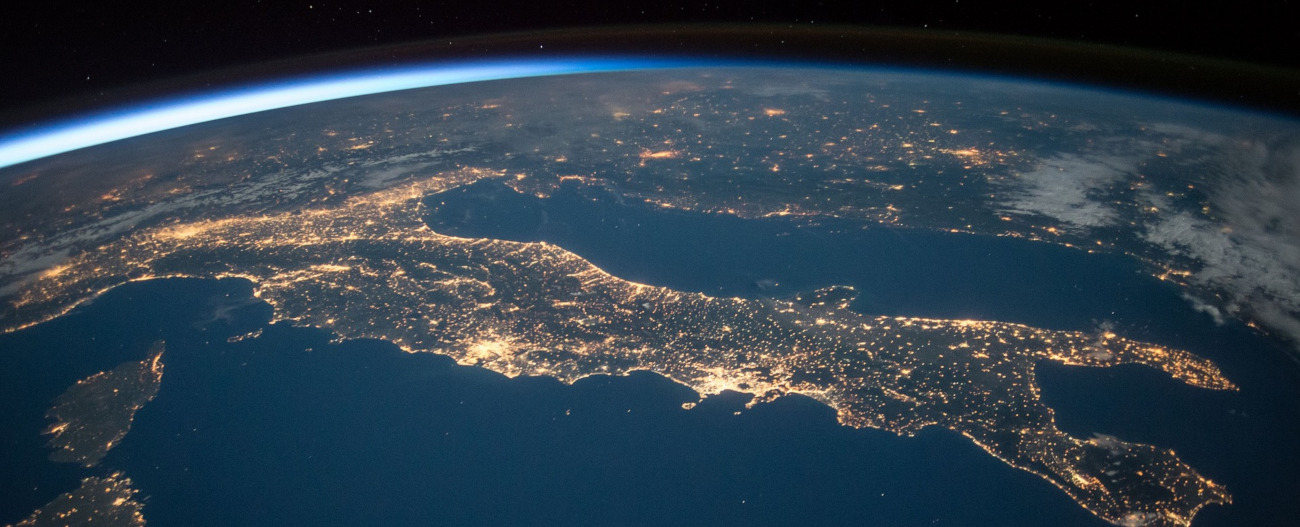Today (22nd August) marks this year’s Earth Overshoot Day. Earth Overshoot Day marks the date when humanity’s demand for ecological resources and services in a given year exceeds what Earth can generate in that year.
Last year, the date fell on 29th July and virtually every year previous, the date has got earlier in the year. In 2020 however, because of the coronavirus pandemic, changes in carbon emissions, forest harvest, food demand and other factors that could impact global biocapacity or the Ecological Footprint were evaluated and recalculated. The research team concluded a 9.3% reduction in the global Ecological Footprint compared to the same period last year.
The research report documents the two main drivers to bringing this number down; the carbon footprint reducing by 14.5% and the forest product footprint falling by 8.4% from last year.
These reductions are a fantastic thing for the earth, but unless we make changes this won’t continue. So, what can you do to #movethedate? It’s stated that the amount of wasted food is equivalent to about 9% of the global ecological footprint. If we cut global food waste in half, Earth Overshoot Day would move back by 11 days. Ensuring you’re only buying what’s necessary to minimise the wastage is essential, but some food waste is inevitable.
Recycling your business’ food waste is an easy way to reduce your ecological footprint. Food and glass recycling services often complement each other and that’s why we collect both waste streams on one split-loader truck to reduce road miles and emissions. If you would like to find out more about this or any of our services, check out our business waste page here. Alternately you can contact us on any of the following;

 Sales 03308 285 687
Sales 03308 285 687 